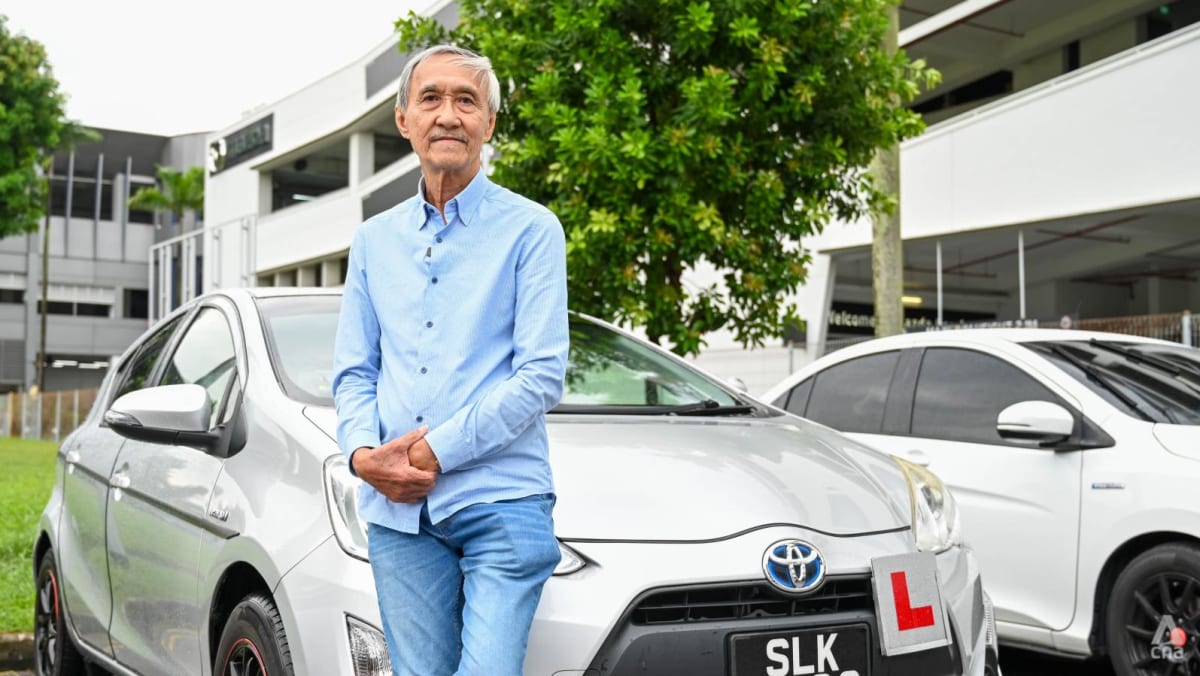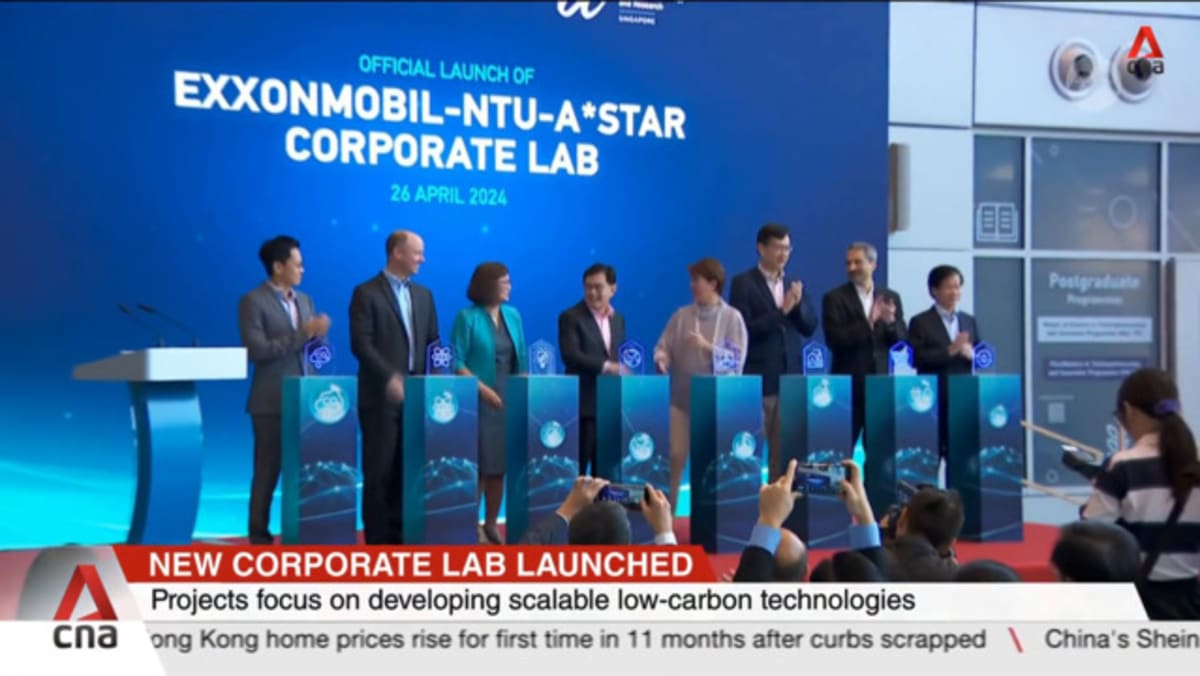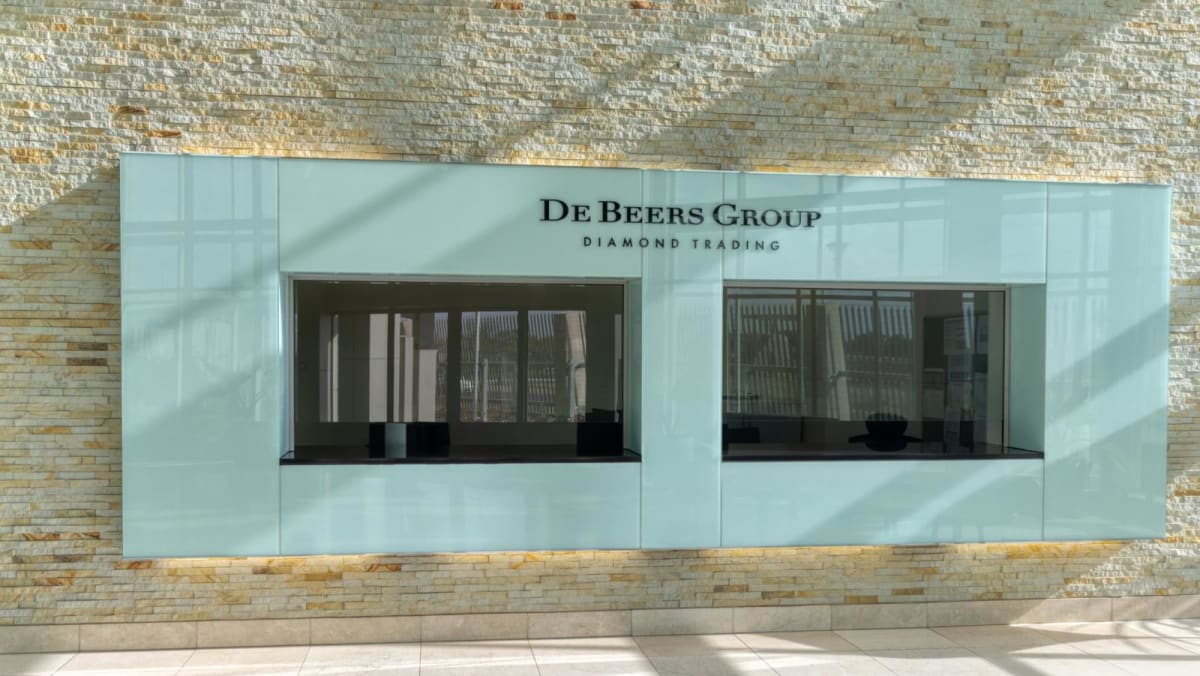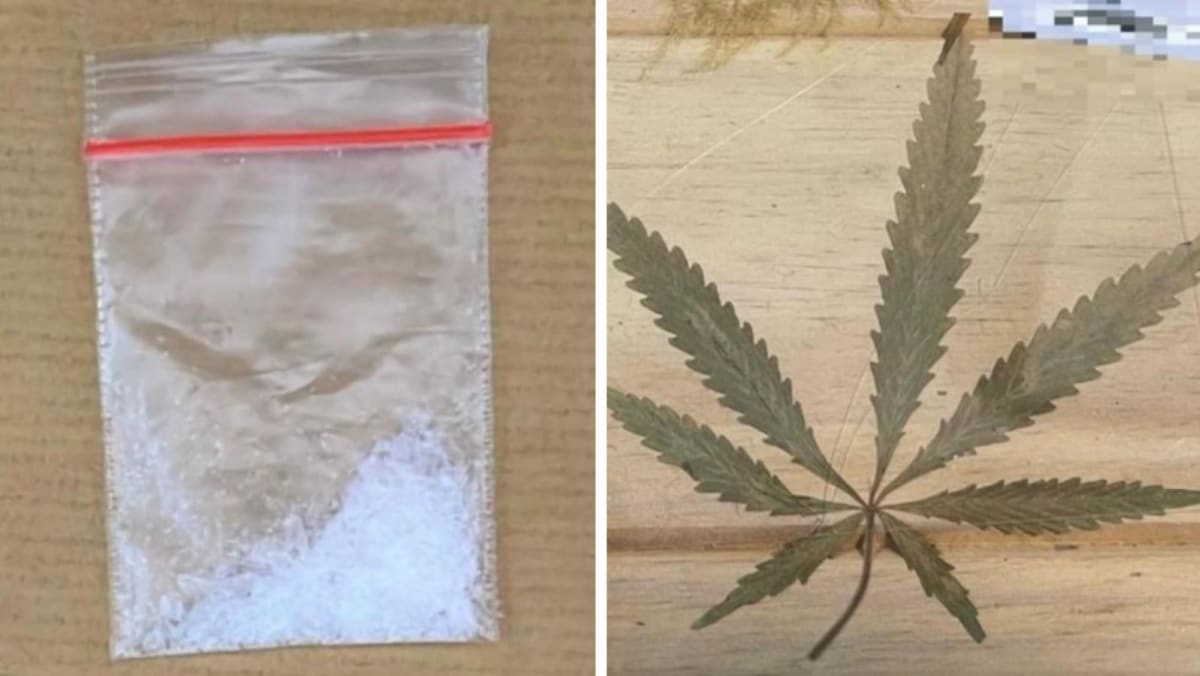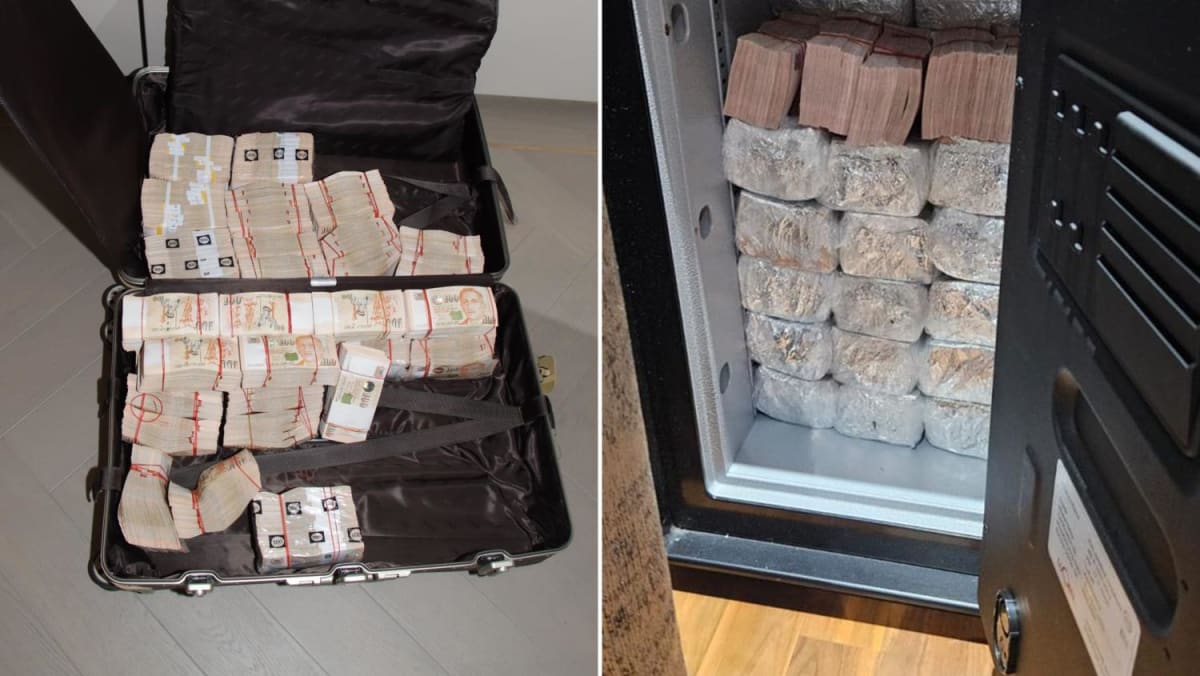Crucially, it is imperative that SAF is genuinely “sustainable”. They are not meant to compete with food crops, require incremental resource usage such as water nor lead to deforestation and biodiversity loss. It will be important to monitor how much carbon and environmental damage is generated from the production, distribution and use of SAF.
SAF is no silver bullet. It is doubtful that SAF will replace existing aviation fuel for a long time. Given its hard-to-abate status and global air travel potentially tripling over the next 25 years, emissions from aviation are likely to continue rising to 2050 and beyond.
As a low-lying island, Singapore has much to lose from climate inaction. It cannot make other countries reduce their emissions. Nevertheless, it can lead the way and inspire others to follow. Thus, Singapore needs to go green for its survival.
Fortunately, Singapore’s air travellers are affluent and can afford modest increases in their tickets, despite the complaints. These premiums may encourage other countries to follow and incentivise the use of SAF.
Given that the aviation industry could be the single largest source of carbon dioxide emissions by 2050, it is essential for Singapore to be at the forefront of efforts to make air travel more sustainable.
Roger Fouquet is Senior Research Fellow at the Energy Studies Institute, National University of Singapore.





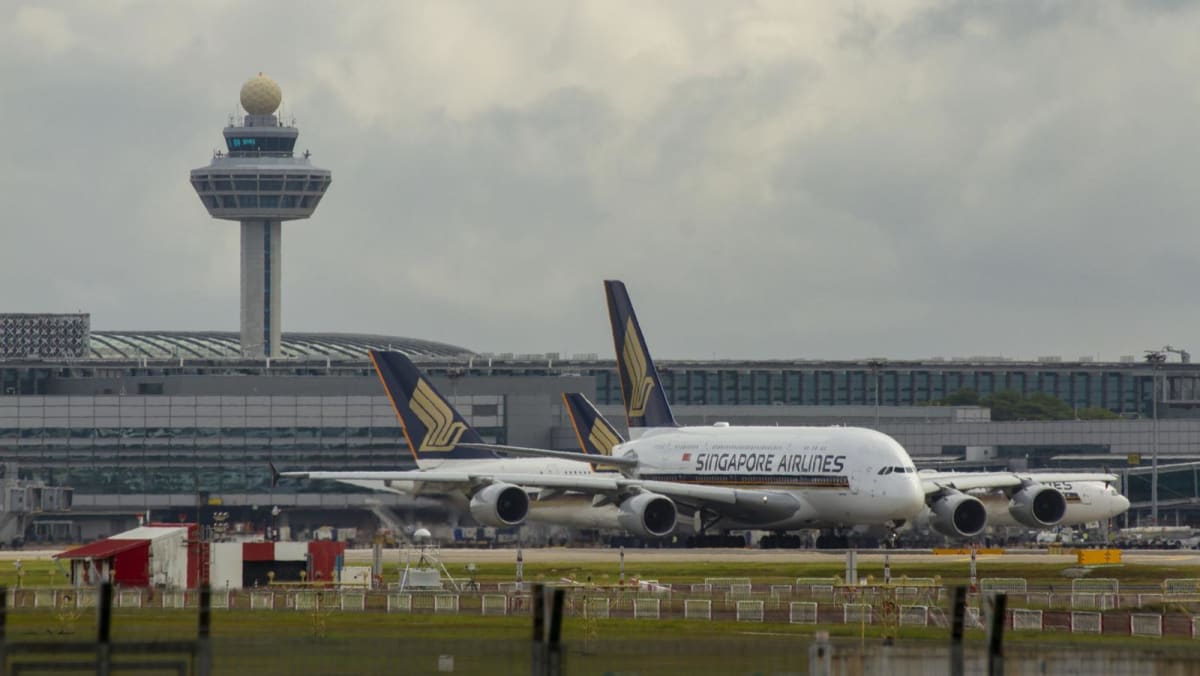
.png?itok=IEnc60xx)

